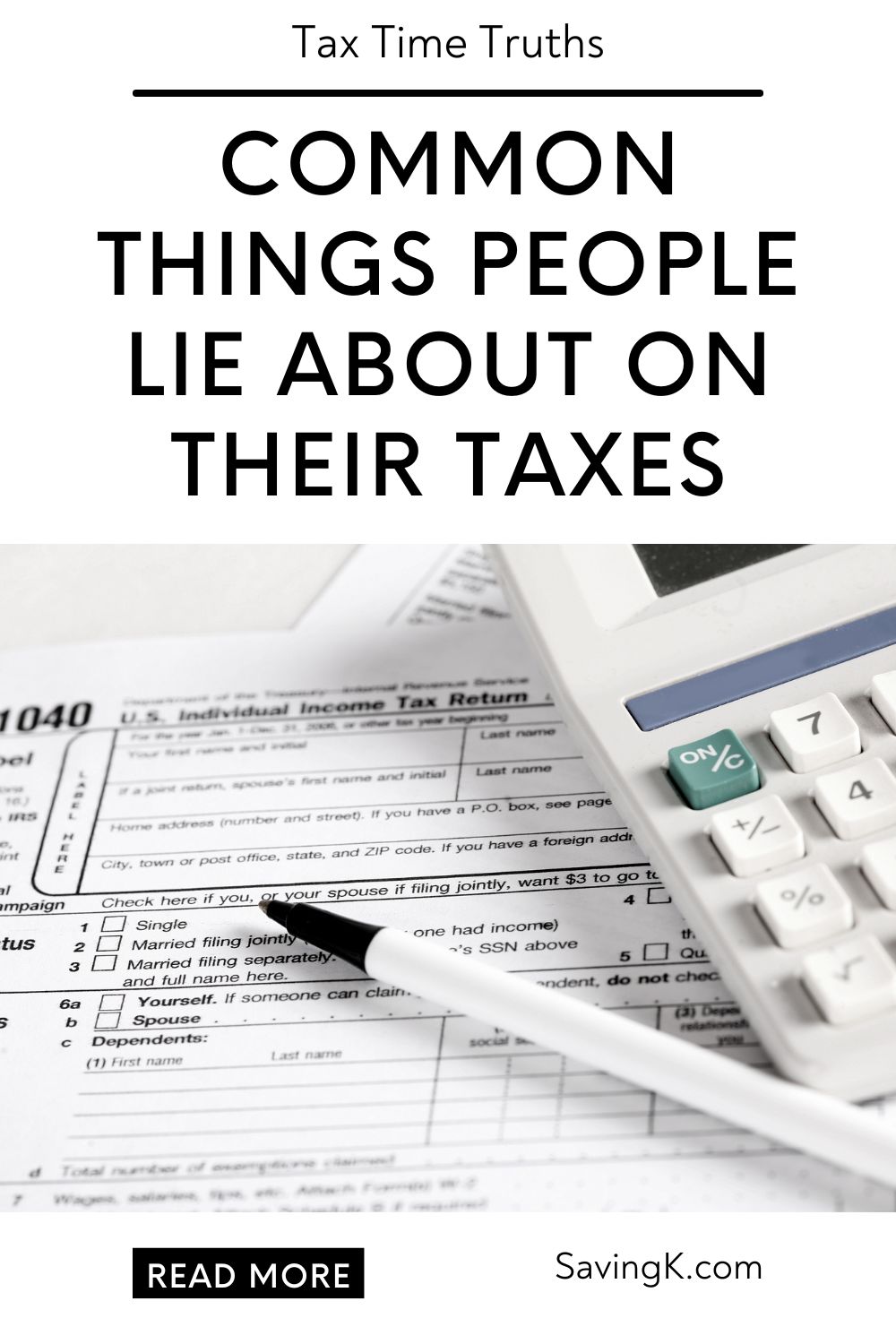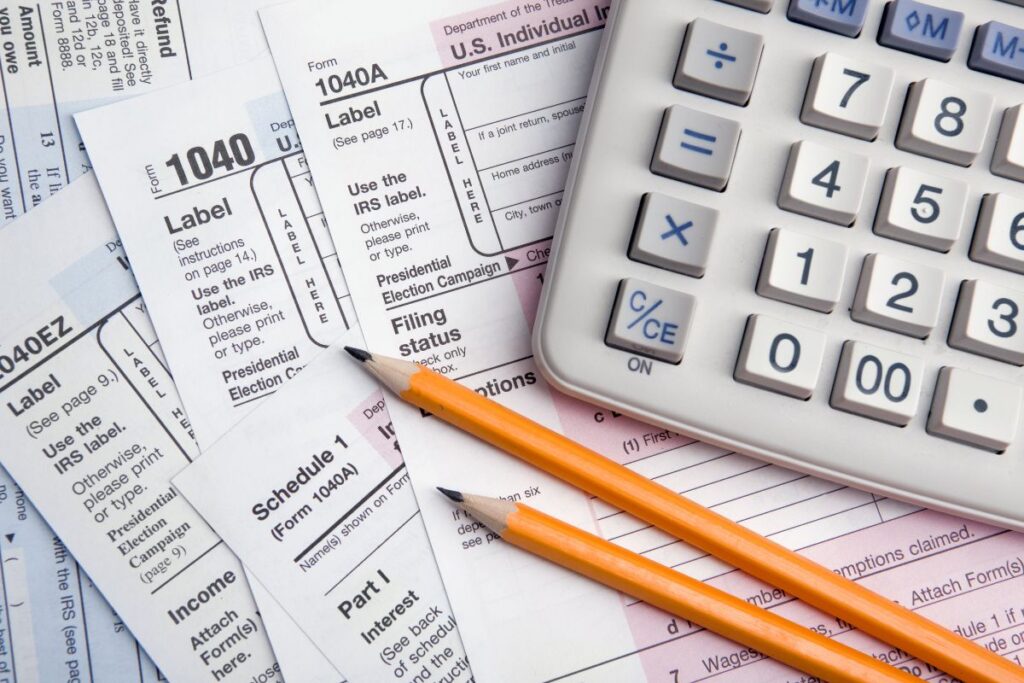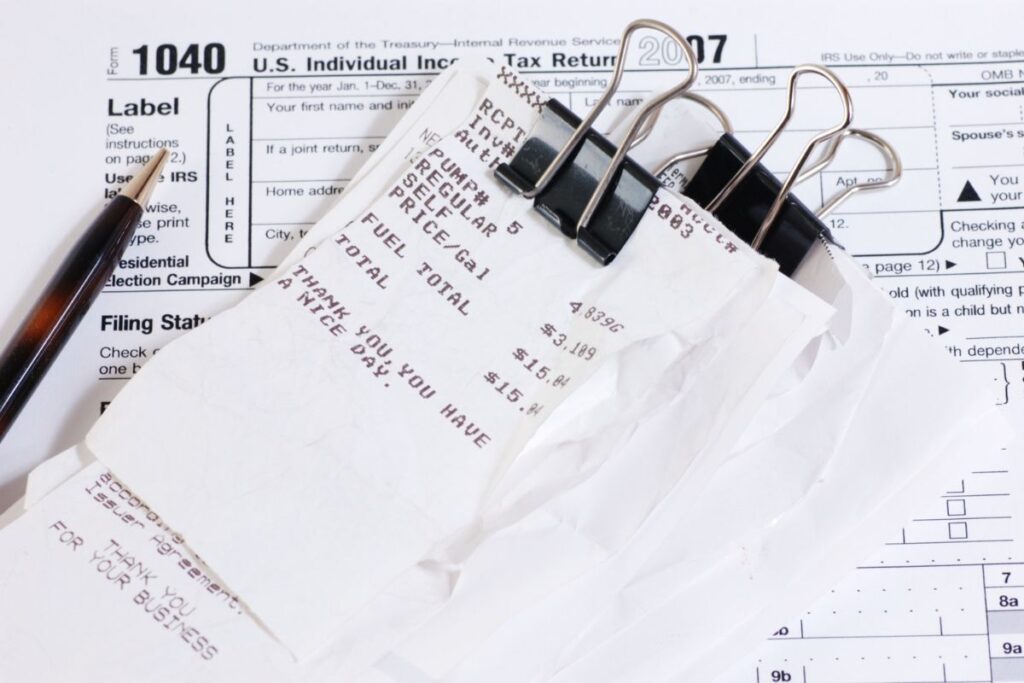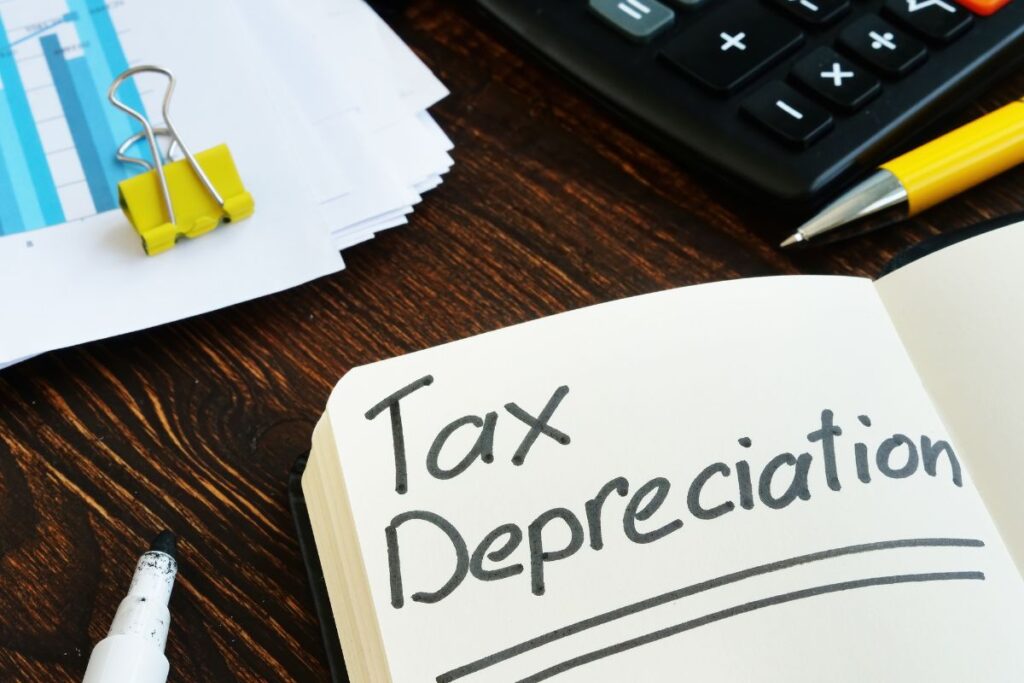
Tax season is upon us, and while it can be a stressful time of year, there are some things that you should absolutely not lie about on your taxes. Lying on your taxes can be costly in more ways than one, so it’s important to be honest when filing your income taxes this year. Read on to learn what kinds of lies people commonly tell on their taxes and how they could potentially be punished if they are caught.
Contents
Don’t Lie on Your Taxes: The Costly Consequences
As tax season approaches, so does the temptation to stretch the truth a little bit. However, lying on your taxes can have serious and costly consequences. Let’s take a look at some of the common lies people tell—and why it could cost you if you do.

Underreporting Income
If you’re self-employed or have income from investments or other sources, it’s easy to overlook this income when filing taxes. But failing to report all of your income can come back to bite you; the IRS has access to 1099s and W2s from employers, as well as brokerage statements from financial institutions, which means they’re likely going to know if something looks off with your return. So don’t lie about how much money you made last year—the truth will eventually come out!
Excessive Deductions
It’s tempting to want to get back a few extra dollars by padding deductions or claiming more than you’re actually eligible for. However, this kind of lying can land you in hot water with the IRS. The tax code is complex and changes often, and due to that complexity it’s easy for taxpayers to mistakenly overestimate their deductions—but that doesn’t make it any less wrong. Be sure to double-check all numbers before submitting your return so you don’t end up owing back penalties or interest charges because of an inflated deduction.
Another common tax-related untruth that people tell is claiming exaggerated deductions for charitable donations. This type of lie could also result in steep fines from the IRS as well as jail time in some cases. To ensure your deductions are accurate, make sure to keep detailed records throughout the year and consult with an experienced accountant before filing your taxes.
On the other hand, click here for a list of unusual and overlooked tax deductions instead.
Misrepresenting Business Expenses
Business owners who claim expenses that aren’t actually business-related are taking a big risk by lying on their taxes. For instance, saying travel expenses were strictly business related when they weren’t is not allowed; personal travel expenses must be reported separately from business expenses for them to qualify as valid tax write-offs. If the IRS finds out that these expenses were misrepresented on your tax return, consequences could include fines and jail time depending on the severity of the offense.
Unreported Assets
Finally, some taxpayers may try to avoid paying taxes altogether by deliberately failing to report certain assets or investments they have made throughout the year. For example, if someone received dividend payments but failed to report them on their return, they would likely face hefty fines from the IRS when they were discovered. Like with any other type of tax fraud or misrepresentation, it’s important not to hide assets or investments since there is always a good chance you’ll get caught eventually!
Conclusion
The bottom line is that lying on your taxes can have serious repercussions—from large fines and interest charges from the IRS to potential jail time in extreme cases. Remember that even if you think you won’t get caught for misrepresenting your income or taking excessive deductions this year, it’s almost certain that you will eventually be found out by the IRS! To avoid costly consequences down the road, make sure to always be honest when filing your taxes this season and beyond!




